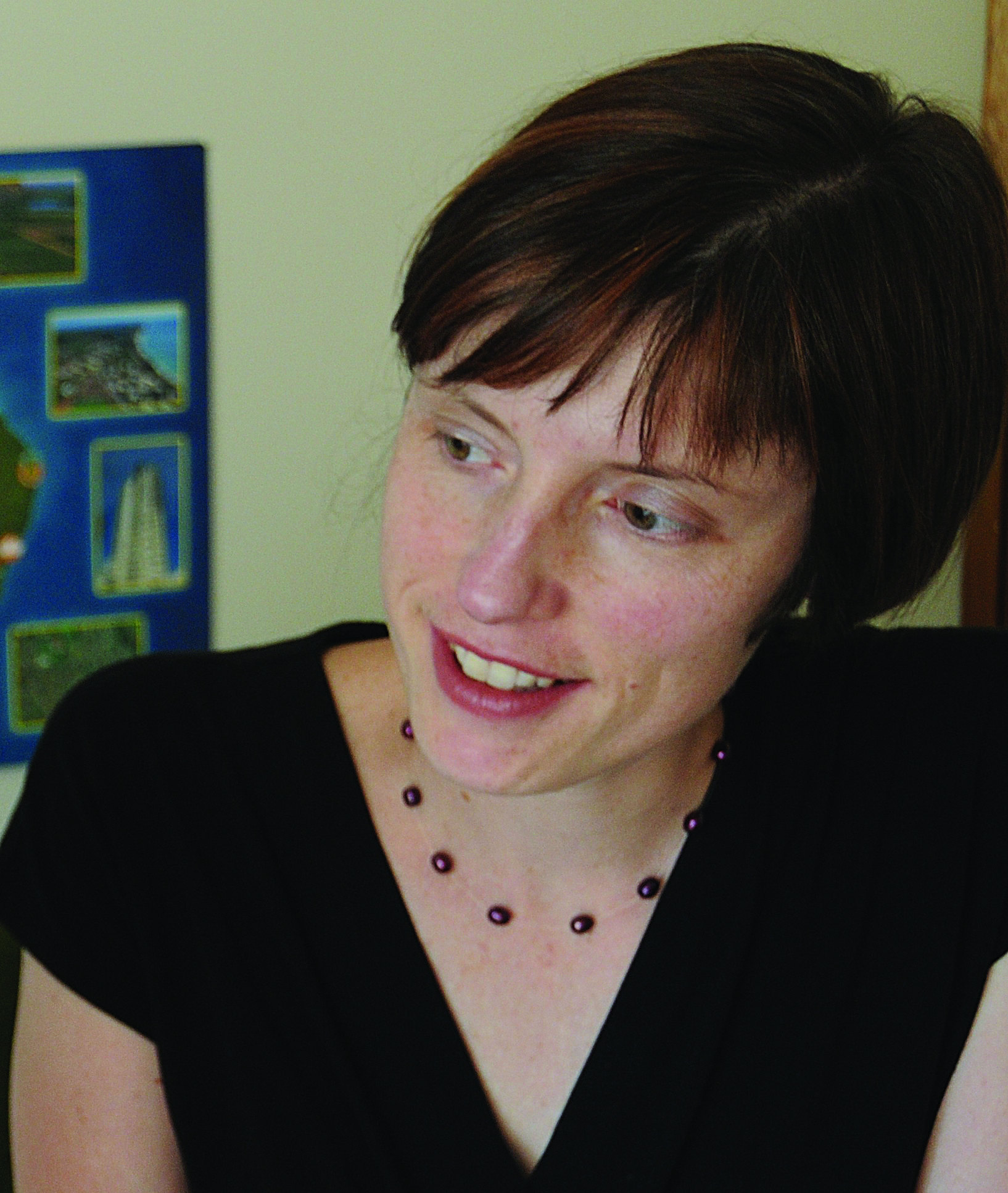Although I have spent the vast majority of my professional time in publishing, I still think of myself first and foremost as a scientist. Science research filled my working hours for just a few years, so why do I persist in seeing myself in this light?
The answer is in my way of thinking. To me, the mindset of science reaches beyond profession; it’s a way of looking at everything.
Science and me
I like working with information, not equipment. My mind is far more at home amongst words and pictures than amidst laboratory apparatus. So in the mid-1990s I left my lab life as a research chemist to move into publishing. I switched to science editing, so it stands to reason that I took my knowledge of science along with me.
In this new career, however, I found that I continued to do something often attributed to scientists – the habit of asking: ‘Why?’ ‘How?’ and ‘What if?’ A publishing colleague once complimented me on my ‘fine analytical mind’ – I am good at figuring out why a manuscript is or isn’t working, what is missing and how the different parts can best be arranged. This ‘science thinking’ came along for the ride and it continues to serve me well.
Science sticks – so do stereotypes
What my colleague recognised as an asset – and it certainly is in publishing – can also be a liability. Some people can see me as doubting or untrusting, because I might not take something at face value; I want to get to the bottom of things. At times I tame this tendency in ‘polite’ company, reining in my questioning where it might not be welcomed. It would be nice if more people could understand where I’m coming from.
Compounding this problem is that the stereotype of scientists as boring or aloof is alive and well. My partner and I are both sciencey people, and we’re both familiar with the awkward silence that follows your admission at a social gathering that you’re a scientist.
It seems odd then that we, and not our non-sciencey friends, are the ones asking ‘Why?’ and ‘How?’ in the course of conversation. We are breaching our ‘boring’ stereotype. They are clever, well-educated and articulate, but they’re just not that curious about how the natural world works.
Is this questioning frame of mind the font of science? Yes – but I think that it’s not, nor should it be seen as, exclusive to science.
Critical thinking – nature or nurture?
Critical thinking needs to be rebadged to reflect what it really is, to demystify it and to decouple it from science. Calling it creative thinking, questioning or knowledge-seeking might give it a better chance of success. (I think we’d best avoid ‘scepticism’, which is often assumed to be a negative thing these days, even though scientific scepticism is at the core of scientific method.)
My bet is that a tendency to think like this is a mixture of genetics and environment.
Fostering life-long curiosity
Children are innately curious; they test things out and over time, they increase and modify their knowledge and understanding. As they grow we can foster this habit and show them that what they are doing is not just about science. Scientist or not, they will develop a mindset that affords immense freedom (except, perhaps, at dinner parties).
My daughter says to me that she wants to be a naturalist when she grows up. I look at her, and her passion for observing nature, and tell her that she is a naturalist already. I really hope she believes me.
***

Sally Woollett has been a freelance science editor for the past 18 years. Her qualifications include a Bachelor of Applied Science (Chemistry) from Monash University and a Graduate Diploma in Editing and Publishing from RMIT University. She has worked largely in science educational publishing (primary and secondary), for non-government organisations in the health sector, and for various science journals. She is editor of the Royal Australian Chemical Institute’s monthly magazine Chemistry in Australia.